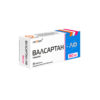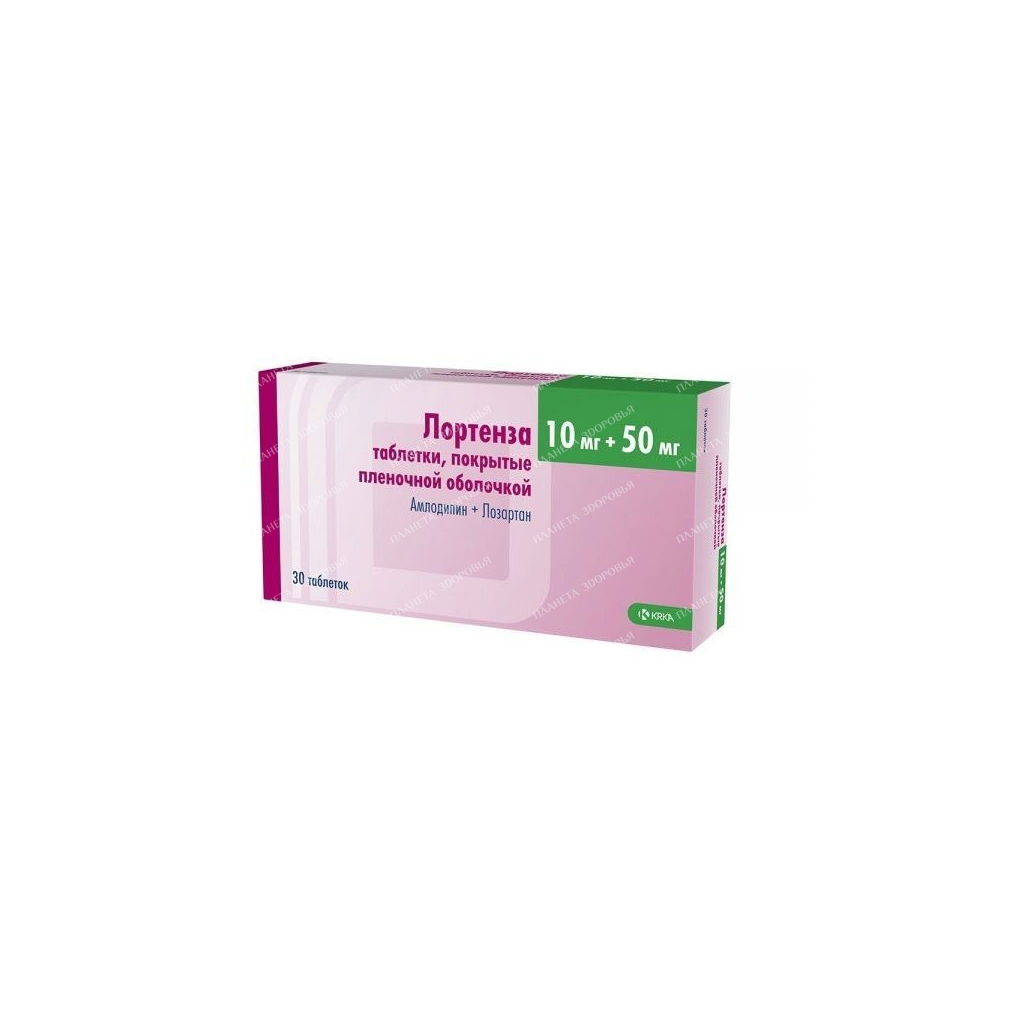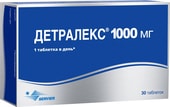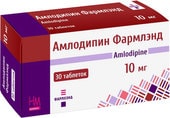Lortenza Tablets: A Comprehensive Guide to Dosage, Side Effects, and Interactions
Lortenza tablets are a fixed-dose combination of losartan potassium and amlodipine besylate, used for the treatment of high blood pressure (hypertension). This detailed guide will provide you with the necessary information about Lortenza, including its dosage, potential side effects, interactions with other medications, and precautions to be taken.
What is Lortenza?
Lortenza is a prescription medication that works by relaxing blood vessels and reducing the force of the heart’s contractions. This combination helps lower blood pressure and reduce the risk of heart disease and stroke.
Available Strengths:
Lortenza is available in four different strengths:
- Lortenza 50 mg/5 mg: Contains 50 mg losartan potassium and 5 mg amlodipine.
- Lortenza 50 mg/10 mg: Contains 50 mg losartan potassium and 10 mg amlodipine.
- Lortenza 100 mg/5 mg: Contains 100 mg losartan potassium and 5 mg amlodipine.
- Lortenza 100 mg/10 mg: Contains 100 mg losartan potassium and 10 mg amlodipine.
How to Take Lortenza:
- Take Lortenza exactly as prescribed by your doctor.
- Swallow the tablets whole with a glass of water.
- You can take Lortenza with or without food.
- Do not crush, break, or chew the tablets.
Dosage:
- Starting dose: Your doctor will usually start you on the lowest dose of Lortenza.
- Dosage adjustment: Your doctor may adjust your dose depending on your blood pressure response.
- Maximum dose: The maximum daily dose is 10 mg + 100 mg.
Important Precautions:
- Reduced blood volume: If you have low blood volume (e.g., due to dehydration or diuretic use), your doctor may need to adjust your dose or start you on a lower dose.
- Liver problems: If you have liver problems, your doctor may need to adjust your dose.
- Kidney problems: If you have kidney problems, your doctor may need to adjust your dose or monitor your kidney function regularly.
- Pregnancy and breastfeeding: Lortenza is contraindicated during pregnancy and breastfeeding.
- Driving and operating machinery: Lortenza may cause dizziness, fatigue, or drowsiness. Be cautious when driving or operating machinery.
- Dental hygiene: Maintain good dental hygiene and see your dentist regularly to prevent gum problems.
Potential Side Effects:
Common side effects of Lortenza include:
- Dizziness
- Headache
- Fatigue
- Nausea
- Swelling in the ankles or feet
- Cough
Serious side effects of Lortenza include:
- Severe allergic reaction (angioedema)
- Low blood pressure
- Kidney problems
- Liver problems
- High potassium levels in the blood
Interactions with Other Medications:
Lortenza can interact with other medications, including:
- Potassium-sparing diuretics: Increased risk of high potassium levels in the blood.
- NSAIDs (non-steroidal anti-inflammatory drugs): May reduce the effectiveness of Lortenza and increase the risk of kidney problems.
- ACE inhibitors: Increased risk of low blood pressure, kidney problems, and high potassium levels in the blood.
- Aliskiren: Contraindicated in patients with diabetes or kidney problems.
Overdose:
In case of an overdose, seek immediate medical attention.
Note: This information is not a substitute for professional medical advice. Always talk to your doctor before taking any new medication.
| INN | LOZARTAN + AMLODIPINE |
|---|---|
| The code | 106 997 |
| Barcode | 3 838 989 657 000 |
| Dosage | 50mg/10mg |
| Active substance | Losartan, amlodipine |
| Manufacturer | KRKA-RUS LLC, Russia |
| Trademark | KRKA |
| trade line | Lortenza |
| Importer | IOOO Interfarmaks 223028 Minsk region, Minsk district, Zhdanovichsky s / s, ag. Zhdanovichi, st. Star, 19a-5, room. 5-2 |
Related products
Cardiovascular Health
Cardiovascular Health
 Free worldwide shipping on orders $99+
Free worldwide shipping on orders $99+  US: temporary delays — postal services aligning new import rules,
US: temporary delays — postal services aligning new import rules,  EU: 1–2 weeks,
EU: 1–2 weeks,  Worldwide: 1–4 weeks
Worldwide: 1–4 weeks 











